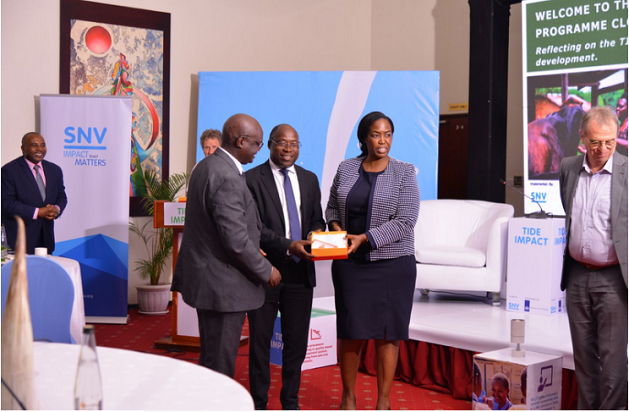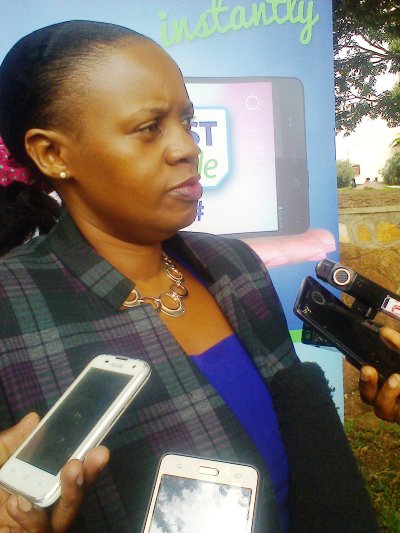Billions of people are facing the greatest cost of living crisis in a generation due to rising food and energy prices amid rapid inflation and increasing debt. As a result, the most vulnerable consumers are now in a dire situation, and many could slip into poverty, according to a report by the UN Trade and Development agency -UNCTAD.
UNCTAD’s analysis shows that a 10 per cent increase in food prices will trigger a five per cent decrease in the incomes of the poorest families, roughly equivalent to the amount those families would normally spend on healthcare.
Already, many people, especially in Africa are reducing food purchases and may be reducing the number of nutritious items, skipping meals or eating smaller portions. However, as consumers try to reduce their spending, the agency warns, they will pay a high price if they buy cheaper, but unsafe products since often they underestimate risk and purchase the cheapest products out of financial necessity.
UNCTAD says that these developments have far-reaching implications in terms of poverty levels, real incomes, educational attainment, as well as food and energy access as families, are already cutting back on health visits and cooking fuel, and children are being taken out of school while working animals are being sold and families are taking on more debt, at higher interest rates.
“These impacts are also highly regressive, as they affect poorest households, as well as women and girls, the most, especially in developing countries, in which more than 50 per cent of the income of the poorest households is spent on food.”
The agency cautions that 58 million people living just above the poverty line in Africa are at risk of sliding into poverty due to the combined effects of the pandemic and the war in Ukraine. Findings show that nearly 90 million people in Asia and Africa who had previously gained access to electricity, can no longer afford to pay for their basic energy needs.
“The war in Ukraine has trapped the people of the world between a rock and a hard place. The rock is the severe price shocks in food, energy and fertilizer markets due to the war, given the centrality of both the Russian Federation and Ukraine in these markets. The hard place is the extremely fragile context in which this crisis arrived; a world facing the cascading crises of the COVID-19 pandemic and climate change.”
In 2020, 15 million people in sub-Saharan Africa who had recently gained tier-1 electricity access were no longer able to afford it and slipped back into energy poverty yet about 568 million people in Sub-Saharan Africa still lacked access to electricity.
The report, however, cautions that there will be no effective solution to the food crisis without reintegrating Ukraine’s food production, as well as the food and fertilizer produced by the Russian Federation into world markets – despite the war.
It calls upon countries to help the most severely exposed countries to support their poor and vulnerable populations, by increasing fiscal space and liquidity access so that they can strengthen social protection systems and safety nets and enhance the ability of people to deal with adversity.
-URN





